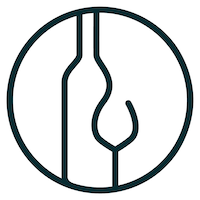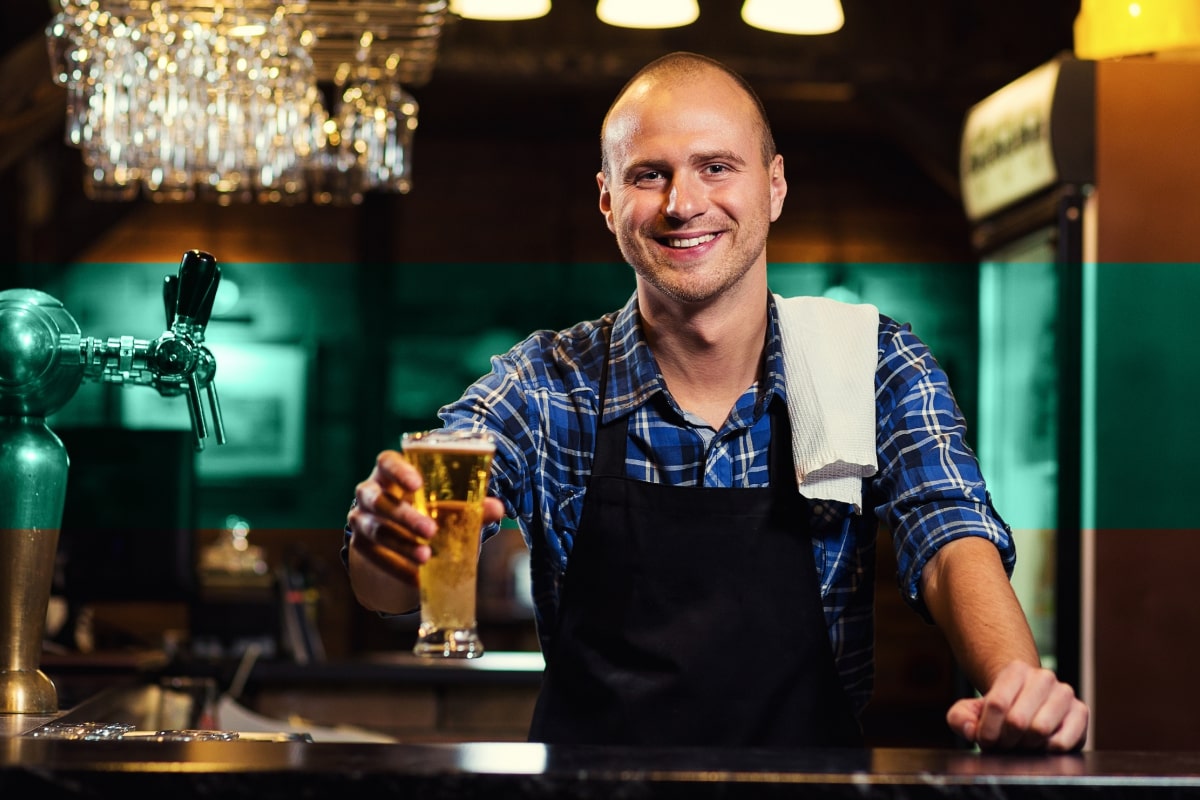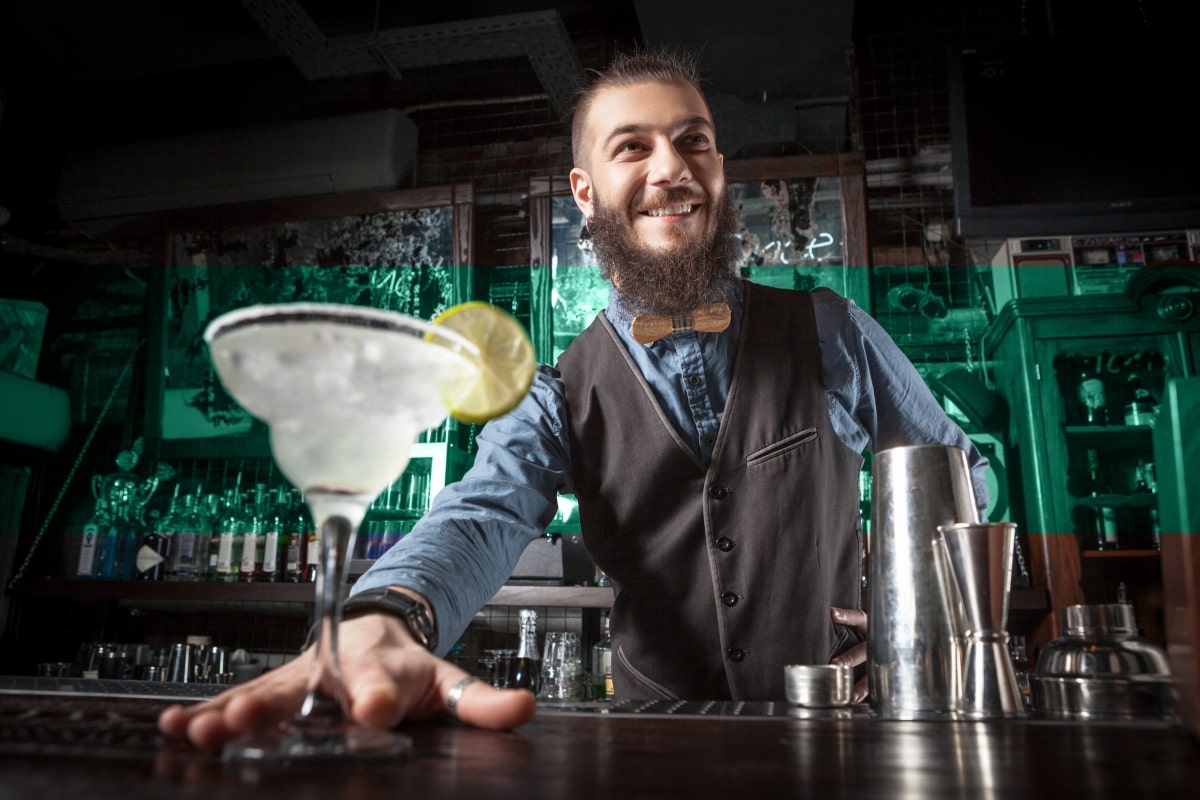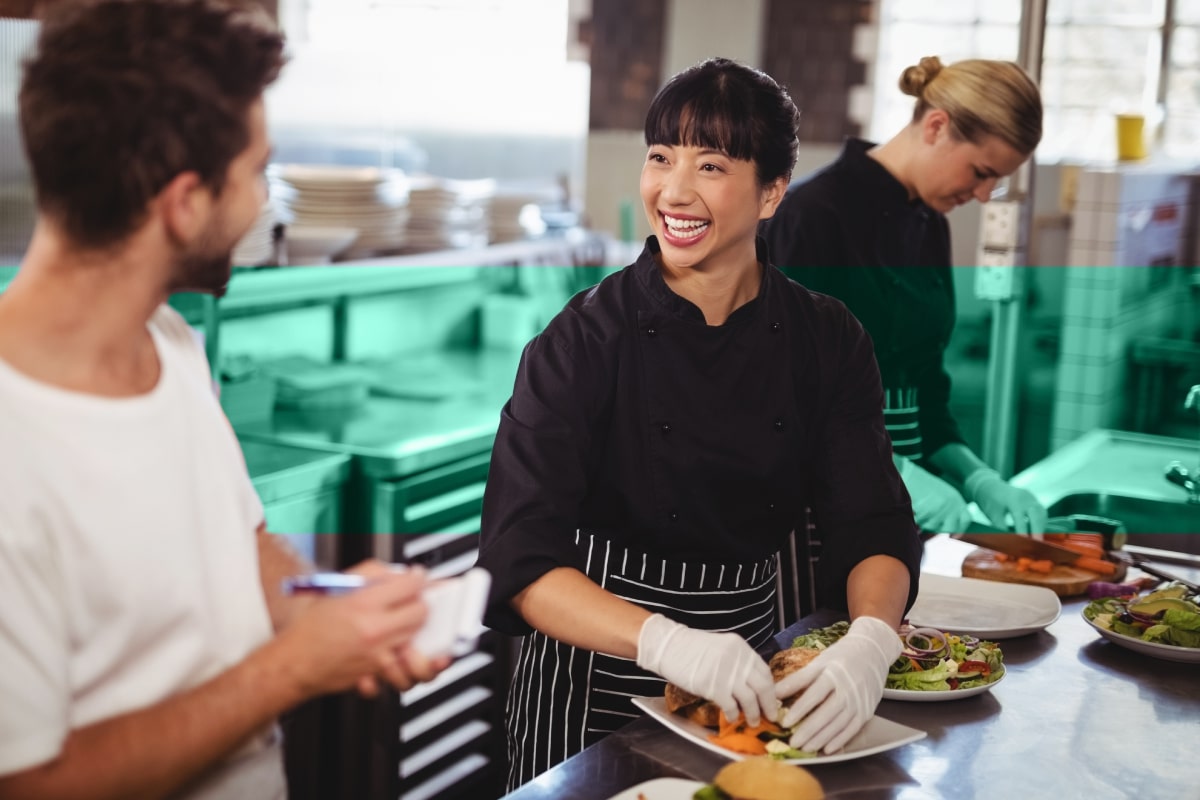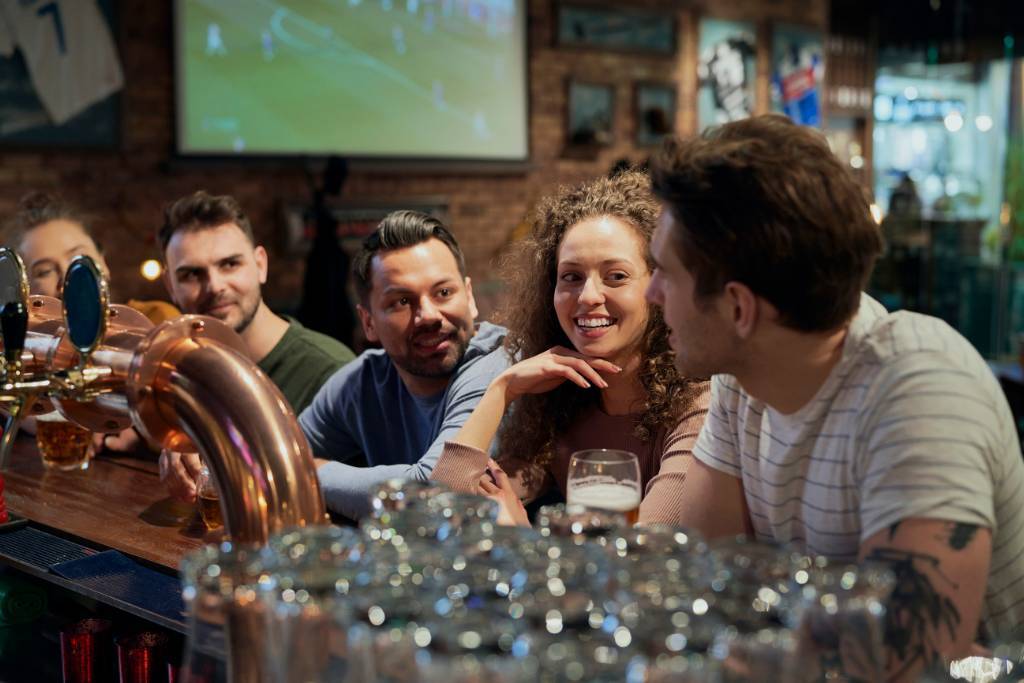
If you’ve worked in hospitality, or you’re about to start, you’ll know that every shift is different. Some nights fly by smoothly with cheerful customers, while others bring tricky situations that test your patience and skills. One of the biggest challenges you’ll face is managing intoxicated patrons. It’s part of the job, and how you handle it says a lot about your professionalism.
Most people don’t head out intending to cause problems. They’re celebrating, catching up with mates, or unwinding after work. But alcohol can sneak up quickly, and that’s where you, as a trained RSA (responsible service of alcohol) worker, step in.
Managing intoxicated patrons isn’t about being the fun police; it’s about protecting your guests, your venue, and yourself. Done well, it can diffuse tension and even earn you respect from other customers.
Know Your RSA Responsibilities
Anyone who serves alcohol in Australia is required to hold a Responsible Service of Alcohol (RSA) certificate. It’s non-negotiable.
RSA training gives you the foundation:
- You’ll learn the legislative obligations of licence holders and servers
- Identify the signs of intoxication
- Learn how to refuse service to patrons who are underage or visibly intoxicated
- Learn methods to promote responsible drinking
- Understand the effects of alcohol on the body and mind
Managing Intoxicated Patrons in Action
Real life doesn’t always play out like the examples in a textbook. On the job, situations can be messy. You’ll meet people who try to charm you, argue with you, or push your boundaries. That’s why practical know-how is just as necessary as legal knowledge.
A Rowdy Group in a Bar
Imagine a Friday night in Melbourne’s CBD. The music is pumping, the bar is packed, and a group of mates has been drinking steadily since after-work hours. They’re laughing, shouting across the room, and one is leaning heavily on the counter as he orders another round.
In this moment, slowing down their service is your first line of defence.
You might suggest some water or point them toward the kitchen for a snack. If it comes to refusal, it’s often easier to frame it as a group decision: “I can’t serve any more drinks to your table tonight”, rather than putting the spotlight on one individual. This keeps things less personal. Behind the scenes, looping in a manager or security ensures you’re backed up if the group resists.
A Quiet Intoxicated Guest at Dinner
Not every intoxicated customer makes a scene. Picture a small restaurant on a Saturday night. A guest has been steadily sipping wine and now they’re slurring, spilling, and struggling to focus. They’re not causing trouble, but they’re clearly past the point of safe service.
In this case, quiet discretion is key.
A soft word at the table, “Would you like some coffee or dessert instead?” lets you manage the situation without embarrassing anyone. If you need to refuse further drinks, explaining it gently to the table rather than the individual helps everyone save face. Offering to call a taxi or rideshare is a small gesture that shows you’re looking after their wellbeing, not just ticking a legal box.
Someone Ordering After Being Refused
Every hospitality worker eventually meets the customer who won’t take no for an answer. Let’s say one bartender has already refused a guest but then wanders to another part of the bar to try again. Without strong teamwork, this can get messy. That’s why communication is everything.
Once a refusal has been made, the entire team needs to be informed.
When the patron tries again, keeping your response short and consistent avoids escalating the situation. A calm line like, “I’m not able to serve you more alcohol tonight,” is better than getting into an argument. If the guest pushes harder, involving a manager shows that the venue stands united.
A Festival or Large Event
Festivals are where RSA skills are really put to the test. Picture a summer music event in Melbourne. Thousands of people, hot weather, and quick turnaround at the bar, it’s a recipe for overindulgence.
At big events, spotting early signs of intoxication is vital. Maybe someone is stumbling in line, maybe they’re getting aggressive in the crowd, or maybe they look dazed and dehydrated. In these cases, don’t try to manage it alone. Flag it with your supervisor straight away so support staff or security can step in.
Non-alcoholic options, chill-out zones, and medical tents are often available, and pointing patrons to those spaces helps de-escalate the situation. The goal is the same as in a bar: prevent harm and keep the event safe for everyone.
Training Builds Confidence
Every scenario above has one thing in common; you need confidence to step in. And confidence is built through training and practice. Completing an RSA course is your legal starting point but combining it with other hands-on skills makes you a stronger worker.
At Complete Hospitality Training, we offer the RSA Victoria course for anyone working in Melbourne or across VIC, and the RSA Queensland course if you plan to work interstate. With Complete Hospitality Training, you’ll have the skills and the confidence to manage intoxicated patrons the right way, every time.
If you’re looking for a bigger skill set, the Bar & Barista Hospitality Package is a smart choice. It combines RSA with coffee and bartending training so you’re job-ready across different roles. That means you won’t just know the law; you’ll also feel comfortable behind the bar, handling busy service, and recognising when it’s time to step in.
Responsible service is about more than following rules. It’s about creating venues where people feel safe, where nights out end well, and where staff feel supported. With the right training, you’ll be ready to face whatever a shift throws your way, whether that’s a quiet guest or a whole festival crowd.
